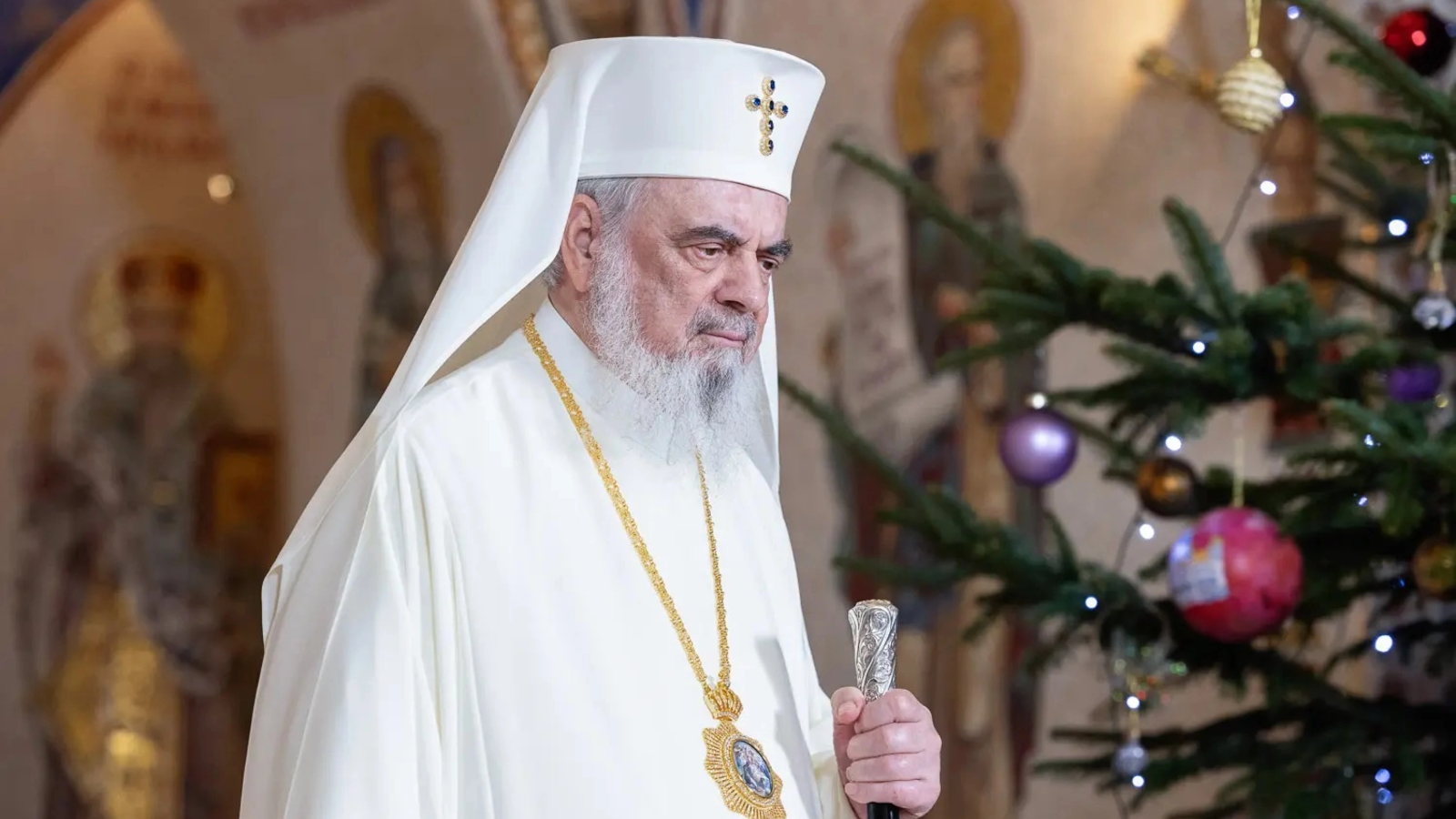In a Romanian National Culture Day message on January 15, Patriarch Daniel of the Romanian Chirstian Orthodox Church (BOR) says that although forced to carry out its activity under communism in a hostile political regime, BOR promoted the Orthodox faith and Christian values, being active in supporting Romanian spirituality and culture.
The message was read out on Wednesday by Patriarchal Assistant Bishop Varlaam Ploiesteanu at a festive session organised by the Romanian Academy to mark the National Culture Day.
"On the centennial of the Romanian Patriarchate, we piously pay homage to the memory of all the people who during the communist regime defended and promoted the values of Christian faith and culture in Romania," the patriarch says.
The message includes a presentation of the BOR actions in 1948-1989 in support of the Christian culture during the communist regime, because "in the history of the Romanian people, faith in God and its manifestations, that is, the church life in all its aspects, generated most of the Romanian cultural treasure."
"As we all know, 1948 was a fateful year for Romania. The establishment of the atheistic communist regime, based exclusively on materialism and class struggle, produced a great imbalance in Romanian society, disrupting people's lives and the functioning of traditional institutions. The Romanian Christian Orthodox Church had to undergo unprecedented restriction of its structures (...). As the communist regime saw religion and the Church as things that were not only useless, but even dangerous to man and society, BOR, through Patriarch Justinian Marina and his successors, developed its own survival strategy in which it showed firmness when it came to dogma and flexibility when it came to administrative aspects, thus avoiding open conflicts that would have had disastrous consequences for religious life in Romania."
Daniel also says that, although "faced with a ban on public meetings, detention, persecution and constant intimidation of its servants and faithful, dispossessed of its property, BOR nevertheless maintained a certain freedom, expressed through the exercise of worship in churches and through essential Christian cultural projects."
He says that the education law that came into force in August 1948 provided for the removal of religion from schools and the transfer of the assets of confessional schools to the property of the State, as theological schools of all grades were removed from the public education system, being placed under the direct care of the denomination to which they belonged.
"However, Patriarch Justinian Marina managed to maintain from the beginning of his activity, which spanned almost three decades, a high level of theological education, a mission successfully taken up by the other patriarchs who served under communism: Justin Moisescu and Teoctist Arapasu. Organised according to a uniform regulation, theological education was placed under the guidance of the Holy Synod and curricula were developed in which theological disciplines prevailed."
Daniel also says that in order to save monasteries, his predecessor Justinian Marina set up numerous artistic creation workshops inside them, where monks worked to reveal works of art, thus enriching the Romanian Christian cultural heritage.
"That way, important sources of Romanian culture - books, manuscripts, icons, liturgical objects, etc. - were restored and promoted in the public cultural circuit. (...) Many parishes and monasteries had their own well-organised archives and libraries. Despite many restrictions and obstacles of all kinds, BOR organised some events of exceptional importance for the Christian life in Romania, with strong cultural reverberations: the canonisation of Romanian saints and the generalisation throughout the Romanian Orthodoxy of the local cult of saints and their relics in the country. (...) In 1988, the Romanian Patriarchate initiated the establishment of a group of the most famous Romanian philologists and theologians to work on a critical edition of the most representative monument of Romanian theological language and culture: the Bucharest Bible, on its 300th anniversary."
































Comentează